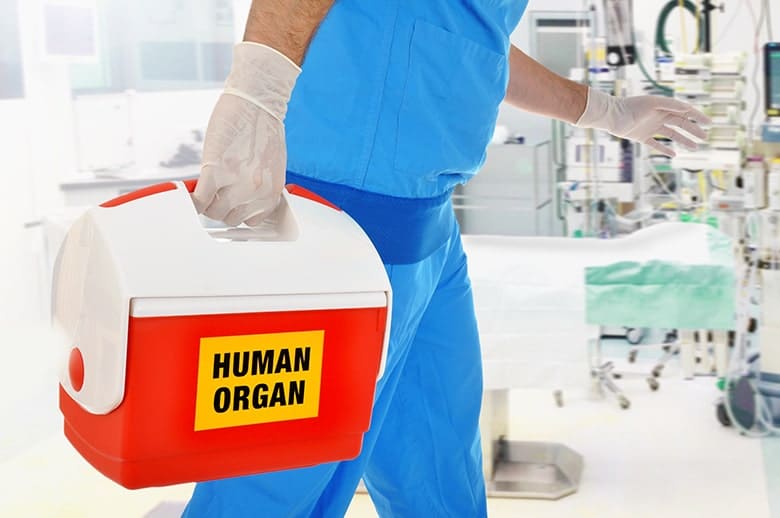We have talked before about how healing after dental implant surgery is critical for good long-term results with implants. Naturally, then, there is worry that people who have received an organ transplant might have problems with their dental implants. These patients have to take medications that suppress their immune system, which might impact healing and risk of infection.
However, a new retrospective study shows that’s not the case. It shows that organ transplant patients can have good long-term success with dental implants.

Suppressing the Immune System after Transplants
People who get organ transplants will usually have to undergo immune system suppression. This is because the immune system will recognize the organ as being a foreign body and attack it.
To keep this from happening, transplant recipients take an intense course of immunosuppressants, basically knocking their immune system almost completely out for a year or more. The dosage is gradually reduced until the patient is at what is called a maintenance dosage, 18-24 months after surgery. This suppresses the immune system, but at a lower level so people can get back to a more normal lifestyle without so many extreme precautions. Since they then have to stay on this medication for the rest of their lives, there is concern that these people might experience problems with dental implants.
Testing Dental Implants in Transplant Patients
To see how transplant patients did with dental implants, researchers selected 28 renal (kidney) transplant patients and 28 matched controls to receive dental implants and then be monitored during long-term follow-up. The length of follow-up in this study is really one of the most remarkable things about it. Patients got dental implants in 2001-2011, and they were followed for a minimum of seven years (84 months), and a maximum of 16 years (192 months), with an average of about ten years (116.8 months) for the organ transplant group.
The renal transplant patients had to be at least 18 months after transplant so they would be on a maintenance dose of immunosuppressants. They also had to have good bone density so they didn’t need bone grafting or other procedures to improve bone support. They also had to have been missing the tooth or teeth for more than 6 months, have natural teeth or fixed implant bridge in their opposing arch. And they had to be cleared for surgery by their transplant team.
The study showed that both groups had great success with their implants. If anything, in fact, the organ transplant (test) group did a little better. The test group had a 100% survival rate, while the control group had a 98.84% survival rate. In addition to a better survival rate, the test group had lower rates of minor complications. Mucositis (redness and inflammation) affected 46.8% of implants in the test group and 48.8% of the control group implants. The test group had peri-implantitis (gum disease around the implant) for 5.1% of implants, compared to 8.1% of implant sin the control group.
Since gum disease is partly related to the immune system response, it’s possible that immunosuppression actually helps with this, but the study doesn’t give us enough information to make that conclusion.
Most People Can Get Dental Implants
This study reminds us again that most people, even those with chronic health conditions, are good candidates for dental implants. The pool keeps growing, so if you’ve been told in the past that you weren’t a good candidate, you should schedule a new consultation.
Please call (843) 706-2999 today for an appointment with a Hilton Head implant dentist at The Durham Office, providing Beyond Exceptional Dentistry in Bluffton.




